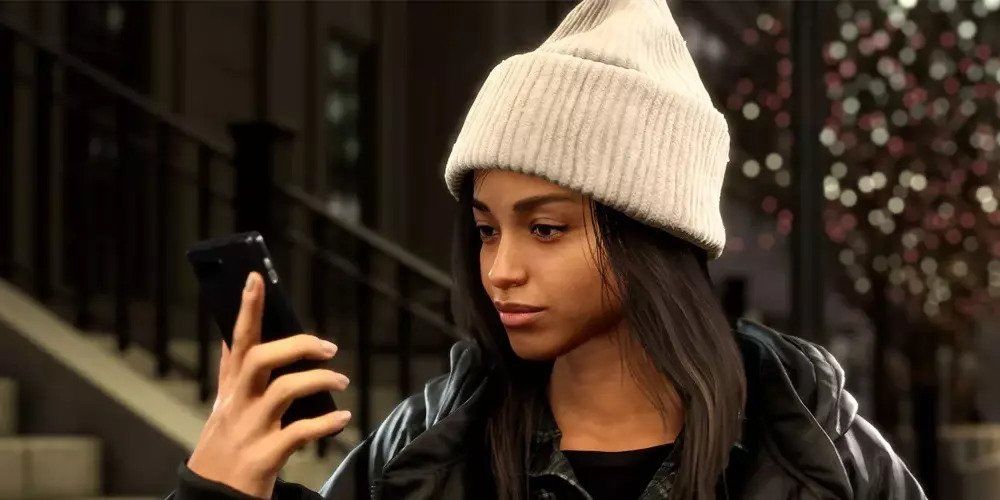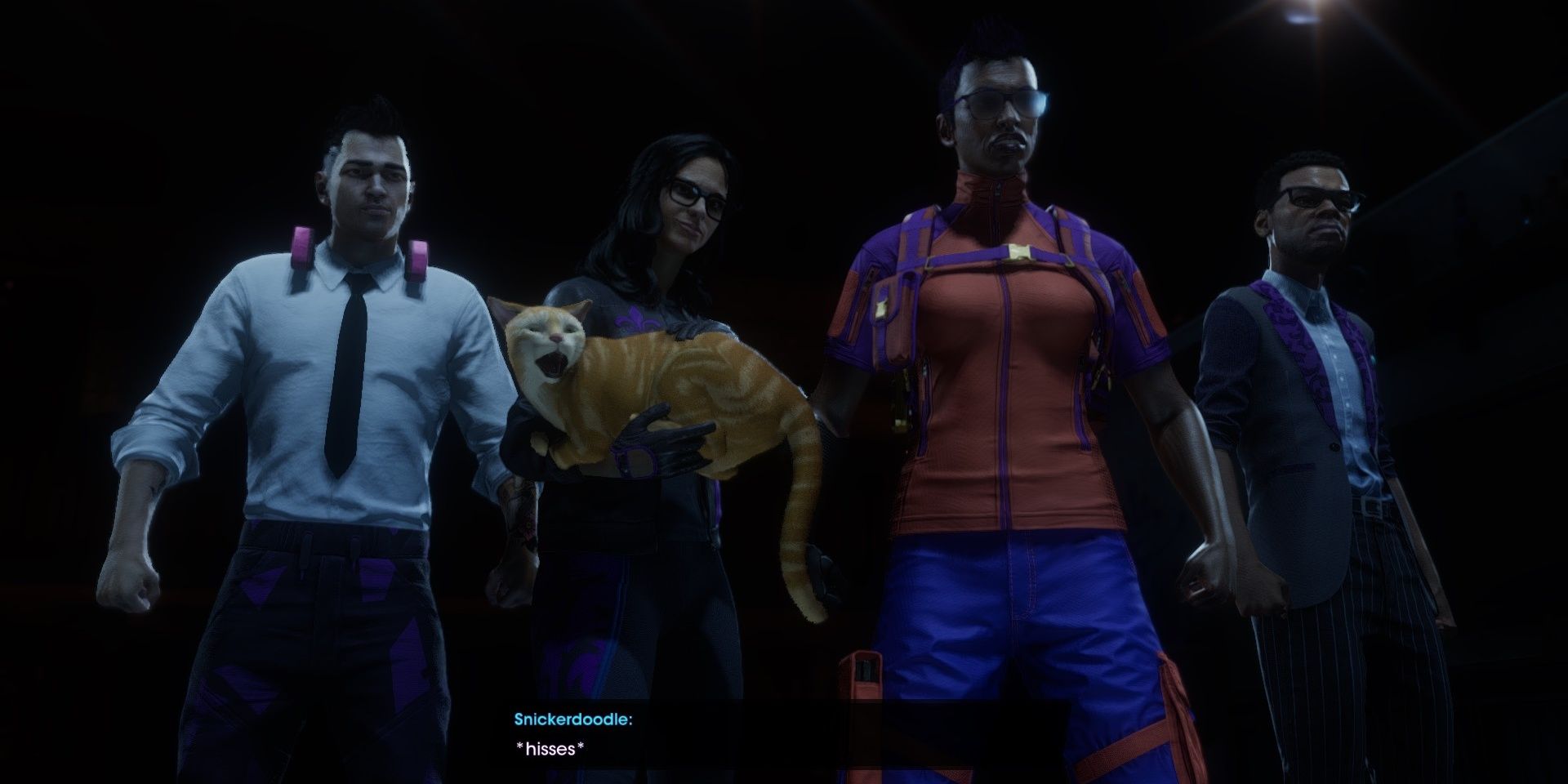You know what gets exhausting? Re-runs. Every step is obvious because you’ve seen it all before and yet there are those who will act like it’s brand new material they’ve never seen before. That’s what it’s like seeing people complain about youthful dialogue in games these days. Right now, it’s Forspoken. Before Forspoken it was Gotham Knights. Before that, Saints Row (2022), Mass Effect: Andromeda, Oxenfree – the list goes on. There’s enough of a gap between these games that seemingly nobody has caught on that there’s a different intended audience for these games, and I’m tired of pretending like it’s not the case.
If there’s any clear delineating factor between younger and older generations of video games, it’s this unabashed candidness that more youthful games lean towards – a sheer authenticity, no matter how ‘cringe’ it might sound out of context, embracing the awkwardness of life rather than trying to depict some flawless fantasy without a hint of self-awareness. There’s absolutely a place for being able to lose yourself in the moment of a world so beyond reality that it makes you forget your own flaws. To deny addressing and exploring those personal foibles though? That isn’t healthy.
I’m not saying Forspoken is some jaw-dropping exploration of the human experience, but anyone trying to insist that they don’t sound just a little bit like the game’s hero Frey and her sentient bracelet is fooling themselves. We aren’t all sipping our tea with pinkies extended while on a boss raid or shooting the breeze late at night. Our thoughts usually don’t come out perfectly edited and dignified, but crass, stuttered, and misphrased. Public speaking is an actual skill for a reason, not one most of the characters in any of the games I mentioned would’ve trained in.
Oxenfree is one of the few examples I can point to that managed to push past the criticisms of its dialogue to find its audience quickly, thanks in part to its low price tag and accessible gameplay. By contrast, Mass Effect had just spent a trilogy with Commander Shepard, a character who only let their hair down while dancing terribly or playing the Citadel DLC. So when we got to the Ryder Twins of Andromeda, players are handed messy, politically complicated situations contrasted by a crew of mostly young, idealistic explorers. The tonal shift alone was enough to put some folks off, and the difference in how Ryder is written only furthered the divide – not really over quality so much as ‘not feeling the same.’
That’s what this is really about, more than anything – expectations and familiarity. Whenever something different is brought to the table, there’s going to be a certain level of hesitation and skepticism. But games are changing, and that ‘youthful’ approach to writing is breaking through in games like Road 96, Hi-Fi Rush, Tales from the Borderlands, Gears 5, even Dead Space Remake. Brisker exchanges, characters not just sticking to their archetypes, more politically charged points of view, and self-aware silliness are all being valued, each in their own ways.
This isn’t to say it’s all being done perfectly or anything. A good example of a studio losing their grip on how to do this right would be Machinegames’ Wolfenstein Saga. Where The New Order captured the despair and defiance of millennials to a T. Meanwhile, Youngblood actually reverted to a lot of older cliches and cop-outs while trying to appeal to a young adult audience. That’s what I think makes this so tricky for some studios to nail, while others do it damn near flawlessly – it’s a different mixture of the same basic elements. If you don’t get the mixture right, no other aspects you bolt on will change that. It’s a challenge studios will have to overcome, especially as many of these games tend to find their audiences eventually, just way after when it would’ve been ideal for sales numbers.
In the meantime, I won’t begrudge a game for being honest with itself. I mean, Forspoken is basically an Isekai story, drawing from anime and manga of hapless normal people dragged into strange worlds they’d never have imagined; Oxenfree is teenagers grappling with grief, acceptance, and infighting; Gotham Knights is about keeping holding of your sense of self while fighting an inherently corrupt system. Saints Row is four failure-to-launch nobodies finally taking agency over their lives.
None of these stories were written without depth or greater meaning, they just so happen to star characters in their teens or early twenties, written like characters in their teens or early twenties. It’s okay to not dig that, but we need to stop holding that aspect up as a flaw against a game, but instead as a clear indication of who the audience is. That’s no different than a horror game being scary or a Telltale game being light on mechanical complexity – don’t ask for what a game isn’t trying to be. Instead, we need to consider them for what they are actually aiming for. Even if that is a goofy young American woman throwing around magic in a generic fantasy world with a sentient bracelet that deadpans in British snark.



